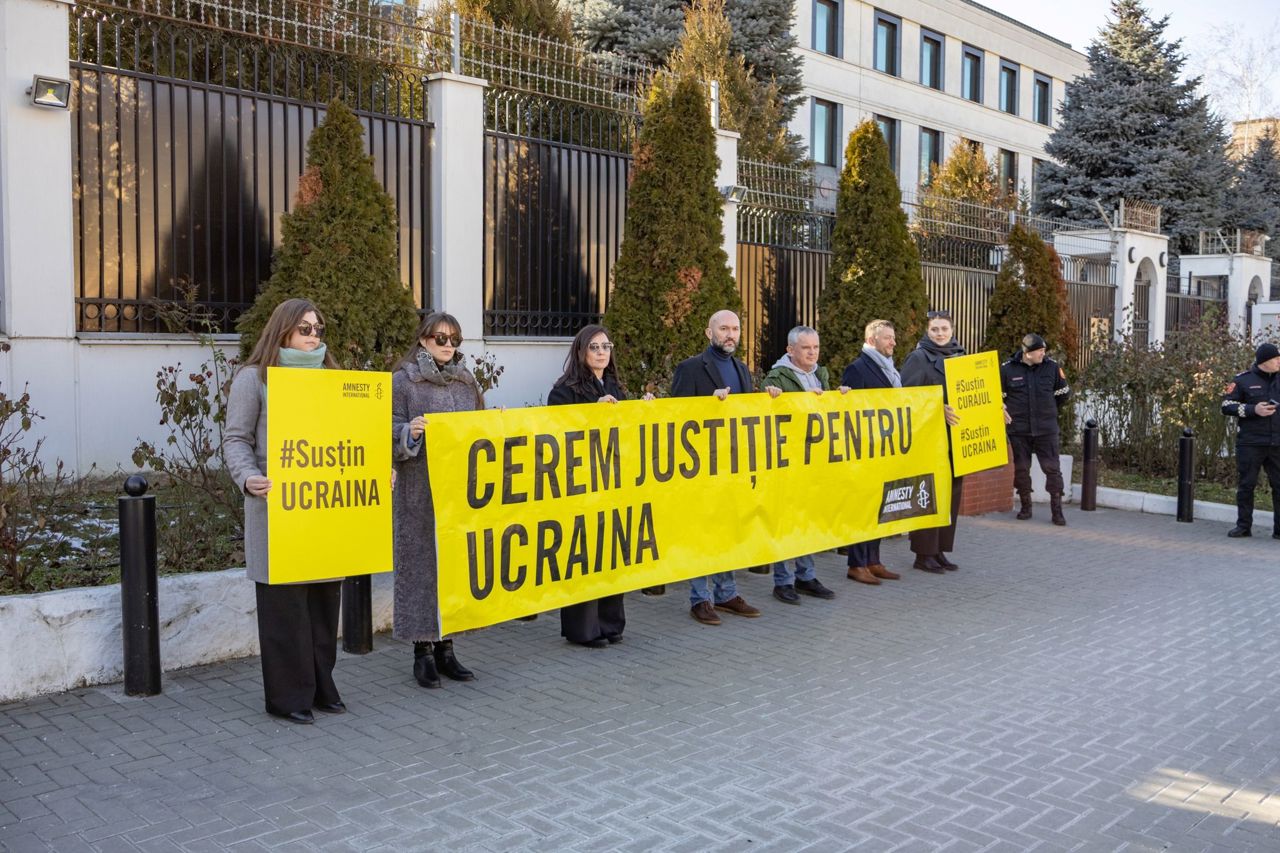Moldova's Legislature: EU path amidst criticism (2021-2025)

The Moldovan Parliament's current term, ending on July 11, 2025, has been remarkably productive in terms of legislation, but also heavily criticized.
Parliament successfully adopted roughly a thousand laws, supported major reforms, enshrined the Romanian language in the Constitution, and helped kickstart Moldova's EU accession negotiations. However, Parliament faced frequent criticism for departing from democratic norms, ignoring the opposition, hastily passing laws, and operating without transparency.
Reports from the Promo-LEX Association indicate that while legislative efficiency was often achieved, it came at the expense of democratic dialogue, government oversight, and citizen involvement. At the same time, while some analysts highlight significant results in aligning with European legislation, introducing the objective of European integration into the Constitution, and advances in renewable energy, others point to authoritarian leanings, the subpar quality of certain laws, and a marginalized opposition.
Two parties and one political bloc
Following the 2021 snap parliamentary elections, three political entities surpassed the electoral threshold and gained seats in Parliament. Specifically, the Party of Action and Solidarity (PAS) secured a parliamentary majority with 63 seats (52.80%), followed by the Bloc of Communists and Socialists (BCS) with 32 seats (27.17%), and the "Șor" Party with six seats (5.74%).
Over the four-year mandate, the composition of the parliamentary factions underwent changes. Two women deputies, Victoria Cazacu and Olesea Stamate, left the PAS faction to serve as unaffiliated members. The Bloc of Communists and Socialists, in turn, lost five deputies: Vasile Bolea, Gaik Vartanean, Alexandr Suhodolski, Irina Lozovan, and Alexandr Nesterovschi, who also continued their activity as unaffiliated members.
In April 2023, Parliament expelled Deputy Ilan Șor after he was definitively sentenced to 15 years in prison in a case related to banking fraud. Three months later, the "Șor" Party was declared unconstitutional; as a result, the party's five deputies lost their faction status and became independents.
Alexandru Tănase: Stable majority, but authoritarian tendencies
Alexandru Tănase, a former Minister of Justice and ex-President of the Constitutional Court, highlights a dominant characteristic of this legislature: PAS's single-party majority. In his view, this ensured procedural stability but negatively impacted Parliament's democratic functioning.
"Parliament functioned more like a voting machine – efficient in adopting executive-proposed bills, but less so as an institution for debate, pluralism, and democratic checks and balances," Tănase told Moldova 1.
According to the cited source, the opposition was reduced to a symbolic presence, and inter-party cooperation was almost entirely absent. He also criticizes the lack of professionalism among the majority's deputies and the legislative instability caused by this incompetence.
"From the perspective of parliamentary democracy, the current legislature has been dominated by authoritarian leanings and inquisitorial practices that minimized genuine debate on matters of public interest," Tănase opined.
Ion Tăbîrță: Without this parliament, accession negotiations wouldn't have started
Political analyst Ion Tăbârță believes that, regardless of the criticism, the primary achievement of the 2021–2025 Legislature is the opening of EU accession negotiations. He highlights the clear political will of a pro-European majority, unlike previous legislatures.
"Ultimately, this will be the Legislature that paved the way for Moldova's accession negotiations with the European Union. (...) This Parliament was practically the first Legislature where we had a majority with a real will, with a genuine policy to integrate into the European Union," Tăbârță pointed out.
However, the analyst criticizes the professionalism of the PAS team, stating they adopted laws with serious errors, such as the Amnesty Law. The lack of a coalition or constructive opposition, in his opinion, led to weak bills and a lack of mutual oversight.
"PAS, holding the majority, lacked healthy competition from elsewhere. [...] We encountered many situations where certain bills or laws were voted on with inherent issues," the analyst explained.
The opposition, in his view, did not act in the national interest, but instead in the geopolitical interest of the Russian Federation and fugitive oligarchs.
Records in renewable energy and European laws, but failures in combating disinformation
WatchDog.md expert Ștefan Bejan believes the 2021–2025 legislature achieved numerous successes, particularly in renewable energy and alignment with European legislation. Among notable achievements, he cites the legislative package that facilitated the rapid expansion of renewable energy production.
"We recently saw a record in renewable energy consumption; over 48% of the energy consumed on June 29 came from renewable resources. This was also made possible by laws passed in Parliament that allowed businesses, households, and homes to install solar panels and wind turbines," Bejan explained.
Another success highlighted by Bejan is the transposition of EU legislation and Moldova's accession to the SEPA system.
Also among the successes, the expert cites the constitutional amendments that enshrined the official name of the Romanian language and included Moldova's European path in the Constitution, following the constitutional referendum in autumn 2024.
"During the current Legislature's mandate, the Constitution of the Republic of Moldova was finally amended regarding the state language – the Romanian language. Additionally, during this legislature, the referendum on European integration took place and passed, albeit by a narrow margin, which led to the inclusion of the European integration objective in the Constitution," Bejan noted.
At the same time, the expert criticized justice reform, the Amnesty Law, and initiatives concerning the fight against disinformation.
Promo-LEX: Legislative Efficiency, But Democratic Regression
According to data analyzed by Promo-LEX between August 2021 and December 2024, Parliament was legislatively active, but process transparency visibly decreased.
Although autumn 2024 saw a slight improvement in adherence to transparency norms – violations decreased from 49% to 38% – the overall level remained low. In 2023, only 5% of bills were publicly consulted, the lowest percentage in recent years. In 2024, this figure increased to 7%, but the lack of endorsements, genuine consultations, and the hasty adoption of bills remained major problems.
Opposition: consistently marginalized: The success rate of the opposition's legislative initiatives remained insignificant throughout the legislature. While the PAS majority had a 73% success rate in 2023, the parliamentary opposition and unaffiliated deputies failed to advance a single bill. Even in the autumn 2024 session, no meetings dedicated to the opposition's proposals were organized, in violation of Parliament's Regulations.
Oversight function: Parliament did not effectively exercise its role in supervising government activities. The number of interpellations decreased, no-confidence motions were rejected, and in autumn 2024, no official questions were registered for the Executive. Hearings on institutional reports yielded no visible results, indicating a mere formalization of this function.
Accelerated, yet unpredictable pace: Nearly three-quarters of the bills adopted in autumn 2024 were initiated by the Government, and over a third were examined under urgent procedure. 37% of bills were voted on in both readings in the same session. Despite the rapid pace, only 37% of the 2024 legislative program was achieved.
Parliament's budget increased by 19% compared to the previous year, reaching 53 million MDL in 2024. However, a lack of detailed expenditure information persists, and deputy salaries remain non-transparent, despite civil society requests.
Translation by Iurie Tataru





